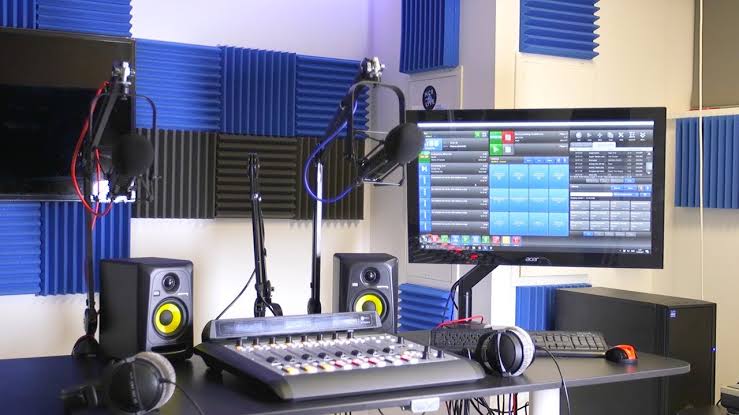Olusegun Ayoade
Radio broadcasting was introduced in Nigeria in 1933 by the then British Colonial authorities as an experiment of the empire service of the British Broadcasting Corporation, BBC in Lagos. Then it was established as a Radio Distribution Service (RDS) under the department of Post and Telegraph in Lagos. The station of the radio distribution service only relayed foreign service programmes of the BBC to listeners in Nigeria through loudspeakers mounted in various places in town.
There was no local content from the BBC to its foreign audiences because Nigeria was a British colony at that time. The first radio station in Nigeria was established in Ibadan in 1939 while the next radio station was created in Kano in 1944. The first private radio station in Nigeria was established in 1994 and by 2007, the masses could get international transmission broadcast worldwide.
The radio boom we have currently in Nigeria would not have happened without the National Broadcasting Commission (NBC) deregulation of the Nigerian broadcast industry in 1992 which opened the flood gate of the proliferation of private broadcasting stations. It has also given birth to the emergence of diverse programmes and commercialisation. In other words, commodifying news and other programmes. As a result of this, in 2022, there are more than 500 radio stations in Nigeria with more than 50 radio stations in Lagos and more than 40 radio stations in Oyo State.
There is no doubt that these radio stations especially the private ones have not only changed tremendously and transformed beautifully the scope and styles of radio broadcasting in Nigeria but have also created a very keen and highly competitive media environment for themselves and for the media practitioners.
Nowadays, an On-Air Personality (OAP) can move from one media organization to another radio station with more juicy monetary benefits and much better career prospects. This has helped the media business owners and stakeholders immensely. There are more private media academies and schools of broadcasting now to train intended broadcasters, up-and-coming OAPs and freelance presenters that want to get media certifications so as to get positioned for more opportunities.
An adage says “the more, the merrier” but the radio boom in Nigeria seems to favour only the creme de la creme, top guns and big names in the broadcast media industry as the up-and-coming broadcasters are often neglected and not being considered for jobs and other media opportunities.
Anytime a new radio station is established and about to start broadcasting, the owner and management will make it a point of duty to scout for ace broadcasters in the city, state or region for the new station, although this helps radio business to boom and flourish for radio station owners but if this continues what would be the future of media and how will brilliant minds and talented individuals come on board? What will be the fate of up-and-coming radio presenters who are Mass Communication/Journalism graduates or graduates from other fields but highly talented who have gone for media/broadcasting training, who have learned from the veteran broadcasters and those who are learning on the job; practicing already as interns or volunteers?
What is the encouragement for a radio volunteer who has been serving a private radio station without receiving any stipend for three years and still not employed when there is vacancy for a Duty Continuity Announcer in the radio station despite all his years of toil and selfless labour? This act of not recompensing and cherishing good volunteers has made many radio stations lost capable hands and brilliant minds, as some of these volunteers move to another place where opportunities abound while some are eventually frustrated and go for another career.
Many up-and-coming freelance presenters are affected also, many of them with good programme ideas are neglected while the radio station management will always welcome well known freelance presenters who have sponsors and are rich enough to pay quarterly for airtime even if they are bereft of good programme ideas and are dishing out what they were known for for decades to radio audience. No one cares!
There is a need for a balance. As important as experienced and already established OAPs are to a radio station, so also are up-and-coming OAPs. The new private radio stations that are balancing this quite well and effectively are getting more audience despite the proliferation of radio stations meanwhile they are making profit too because the truth of the matter is that this digital age radio audience are eager to listen to new programmes full of beautiful concepts and see new things too as radio stations are fast becoming television due to live streaming of radio programmes on social media platforms.

